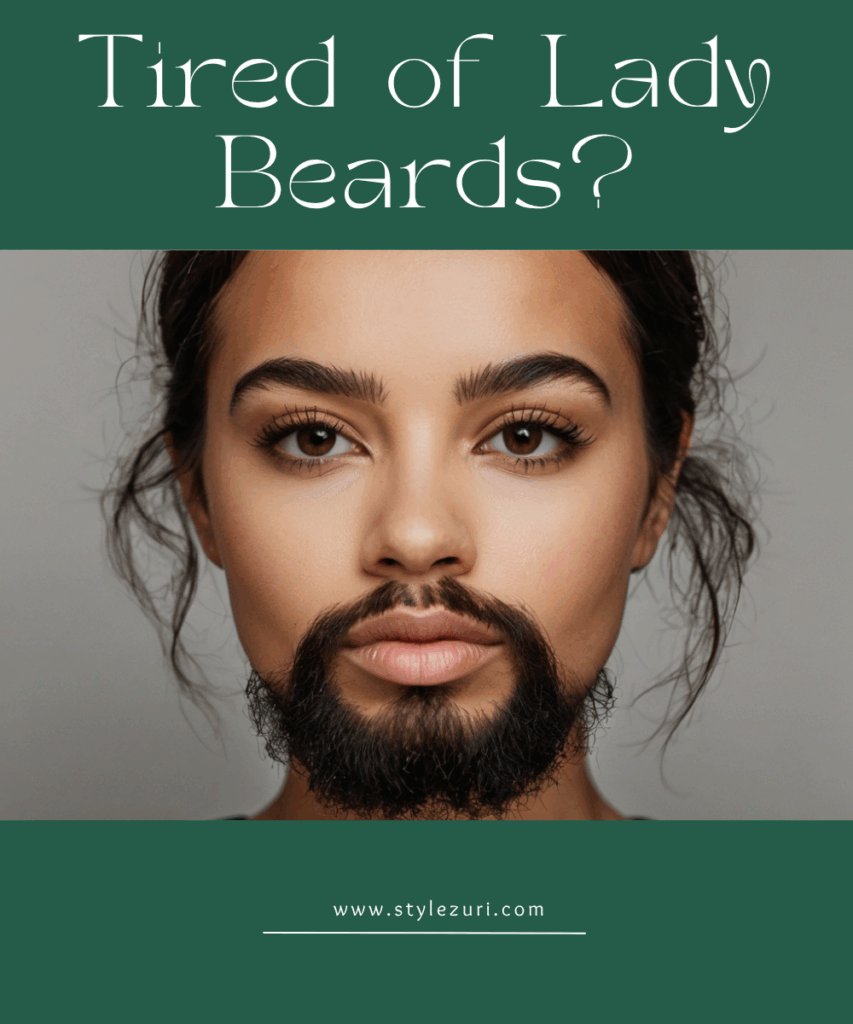Chin hair can be one of the most frustrating things to deal with as a woman. Society often expects women to be completely hairless, especially on the face. So when you start growing visible hairs on your chin, it can feel isolating or embarrassing—even though it’s actually very common. Let’s talk about what’s really going on, why it happens, and how to manage or get rid of those unwanted “lady beards.”
Disclosure: This post contains affiliate links. If you click through and make a purchase, I may earn a small commission at no additional cost to you. Thank you for supporting this blog!
What Causes Chin Hair in Women?
The short answer is: hormones. But it’s more complex than that.
Everyone has body hair, including facial hair. The difference lies in how thick, dark, and visible it is. Men typically grow thick beards because of higher androgen levels—specifically testosterone. These hormones stimulate hair follicles, making facial hair coarser and longer.
In women, high levels of androgens or sensitivity to androgens can cause similar hair growth, especially on the chin, jawline, chest, or abdomen. This condition is called hirsutism—excessive, male-pattern hair growth in women.
Common Causes of Hirsutism
- Polycystic Ovary Syndrome (PCOS): The most common cause of hirsutism. Not all women with PCOS have excess facial hair, but many do.
- Genetics: Some women naturally have more facial hair due to their ethnic background or family history.
- Hormonal Imbalances: Conditions like insulin resistance, thyroid issues, or adrenal gland disorders can trigger excess hair growth.
- Idiopathic Hirsutism: Sometimes, no cause is found. Hormone levels may be normal, but the hair still grows due to follicle sensitivity.
If you’re unsure what’s causing your chin hair, it’s best to get tested. Blood tests and ultrasounds can help determine whether PCOS, insulin resistance, or something else is involved.
Is It Normal to Grow a Beard as a Woman?
Yes. It’s more common than you think. Many women grow dark or coarse chin hair—some just pluck it daily without ever talking about it. And there’s nothing “unfeminine” about it.
Some women proudly embrace their facial hair and have chosen not to remove it. That’s a strong, beautiful choice. But if your chin hair makes you feel uncomfortable, you’re not alone, and it’s okay to want it gone too.
Let’s talk solutions.
The Only Permanent Solution: Electrolysis
If you’re looking for a permanent fix, electrolysis is the only FDA-approved method that destroys hair follicles for good. Unlike laser hair removal, which reduces hair over time but doesn’t work on everyone, electrolysis works on all skin tones and hair types.
But here’s the catch—it’s expensive, and it takes time. You’ll need multiple sessions, and prices vary depending on location and provider.
If electrolysis isn’t within your budget, don’t worry. There are natural and effective ways to slow down chin hair growth and make it easier to manage.
Best Natural Methods to Manage Chin Hair
1. Spearmint: The Herbal Hero
Spearmint is known to have anti-androgenic properties. That means it can help lower testosterone levels in the body and reduce the hormonal drive behind hirsutism.
- Drink Spearmint Tea: Aim for 2–3 cups a day. If the taste isn’t for you, opt for spearmint capsules.
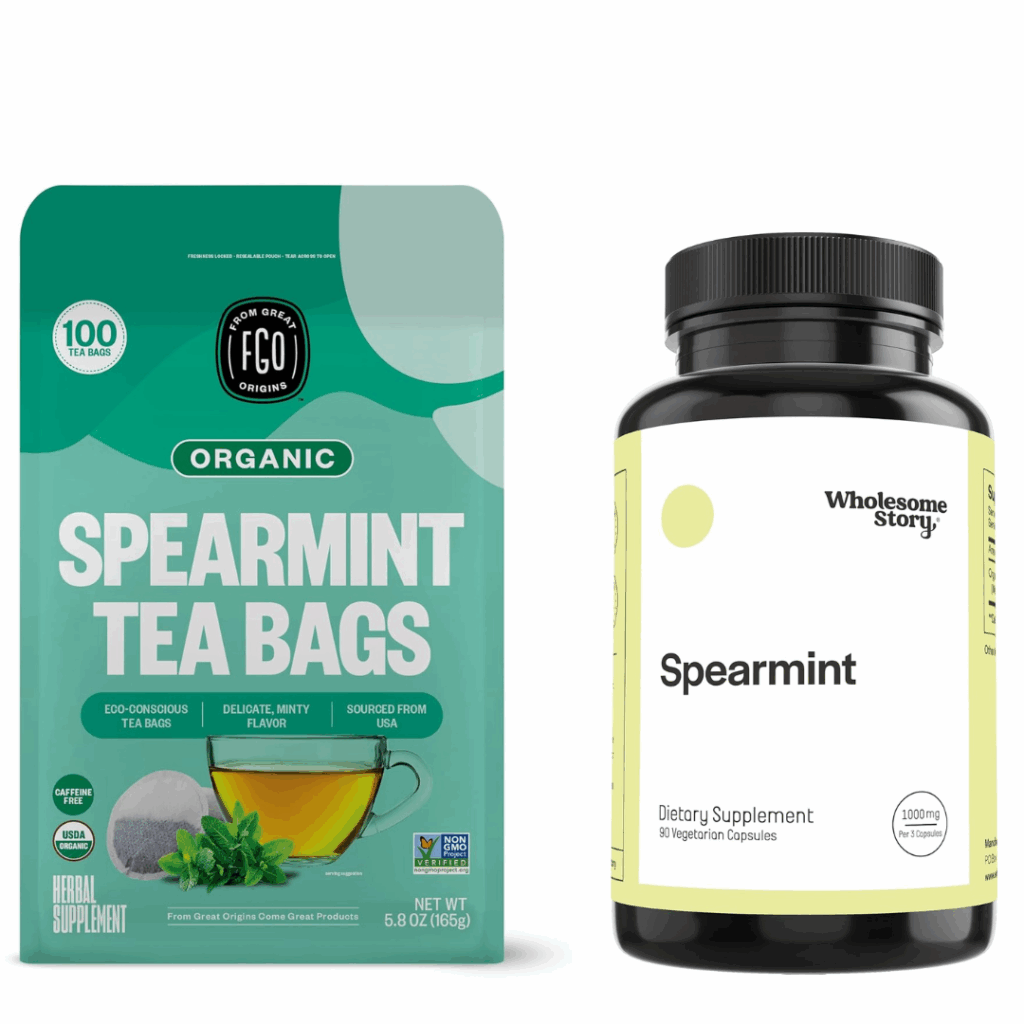
- Topical Spearmint Oil: After waxing or plucking your chin hair (which pulls hair from the root), apply diluted spearmint oil to the area. Use a carrier oil like jojoba or sweet almond oil—spearmint oil is too strong on its own.
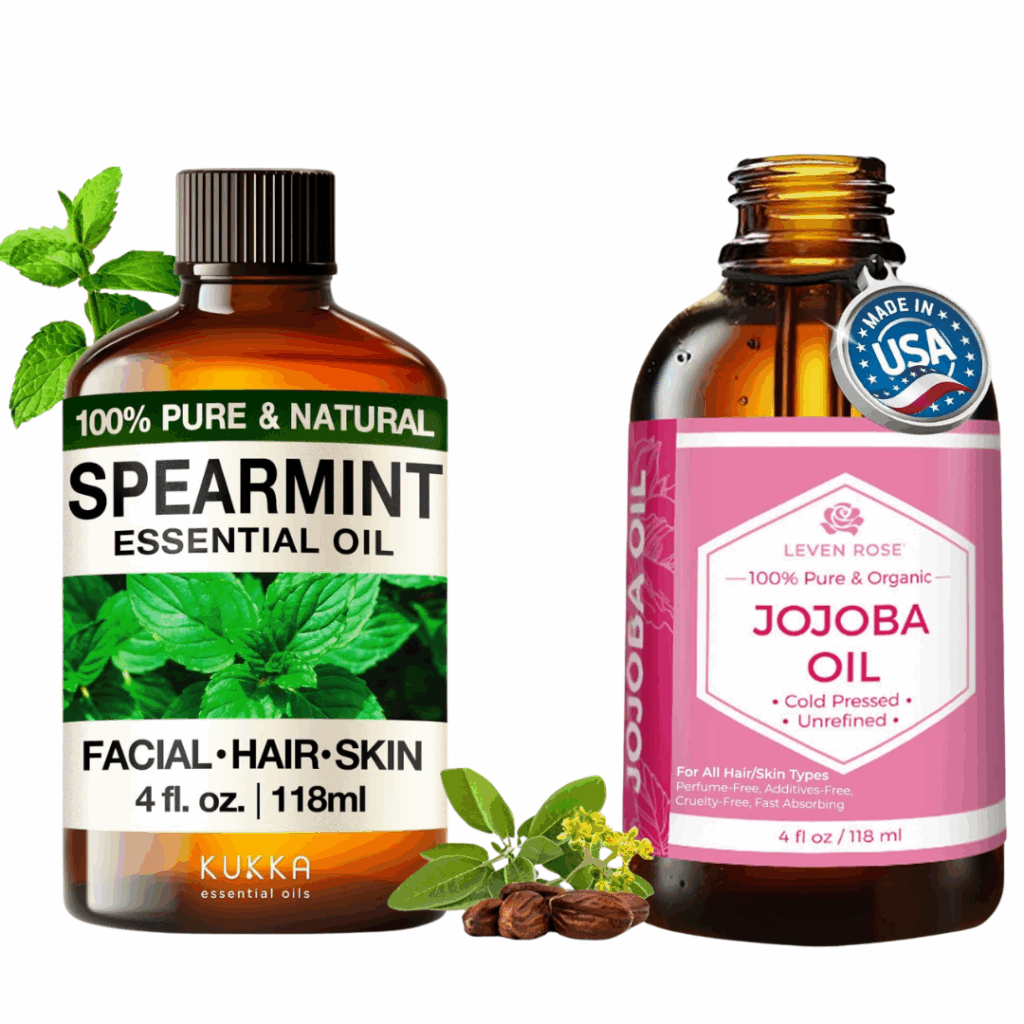
- Boost with Rotundus Cyperus Oil: Mix a few drops of rotundus cyperus (also known as nutgrass or nagarmotha) oil with your spearmint oil for added hair growth-suppressing effects.
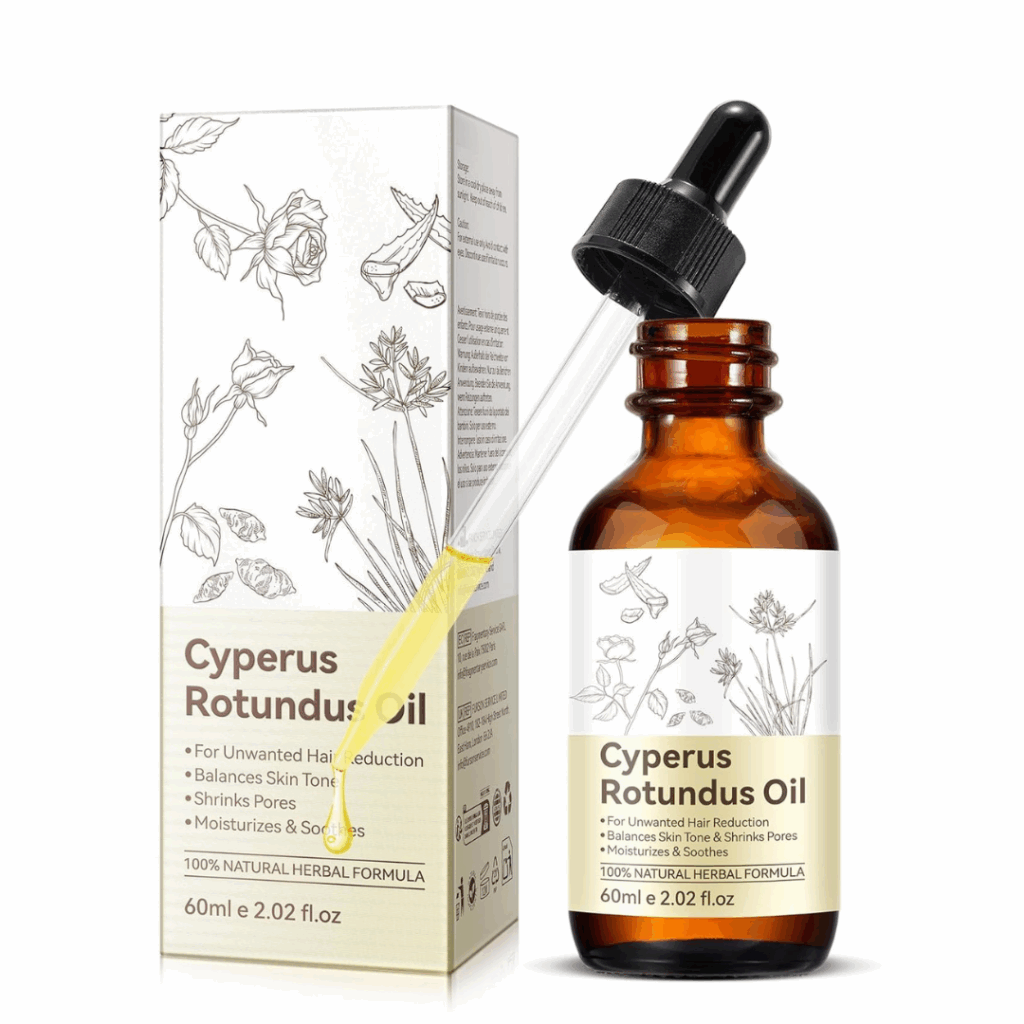
This combo can help reduce regrowth over time when used consistently after waxing or threading.
2. Supplements That May Help
These supplements have shown potential in managing hirsutism naturally:
- Zinc (15–30 mg/day): Helps regulate androgens.

- Saw Palmetto: A natural DHT blocker that may reduce hair growth.
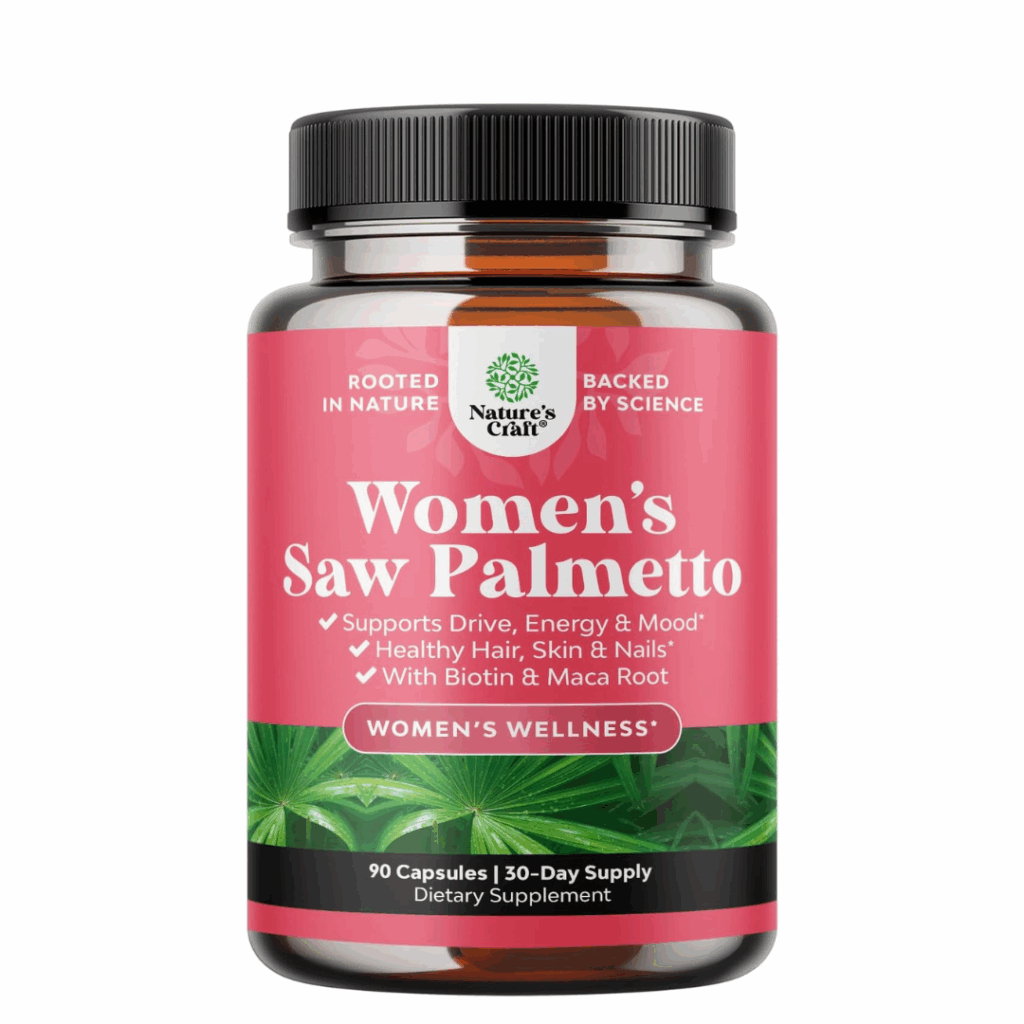
- Inositol (especially Myo-Inositol): Particularly helpful for women with PCOS and insulin resistance.
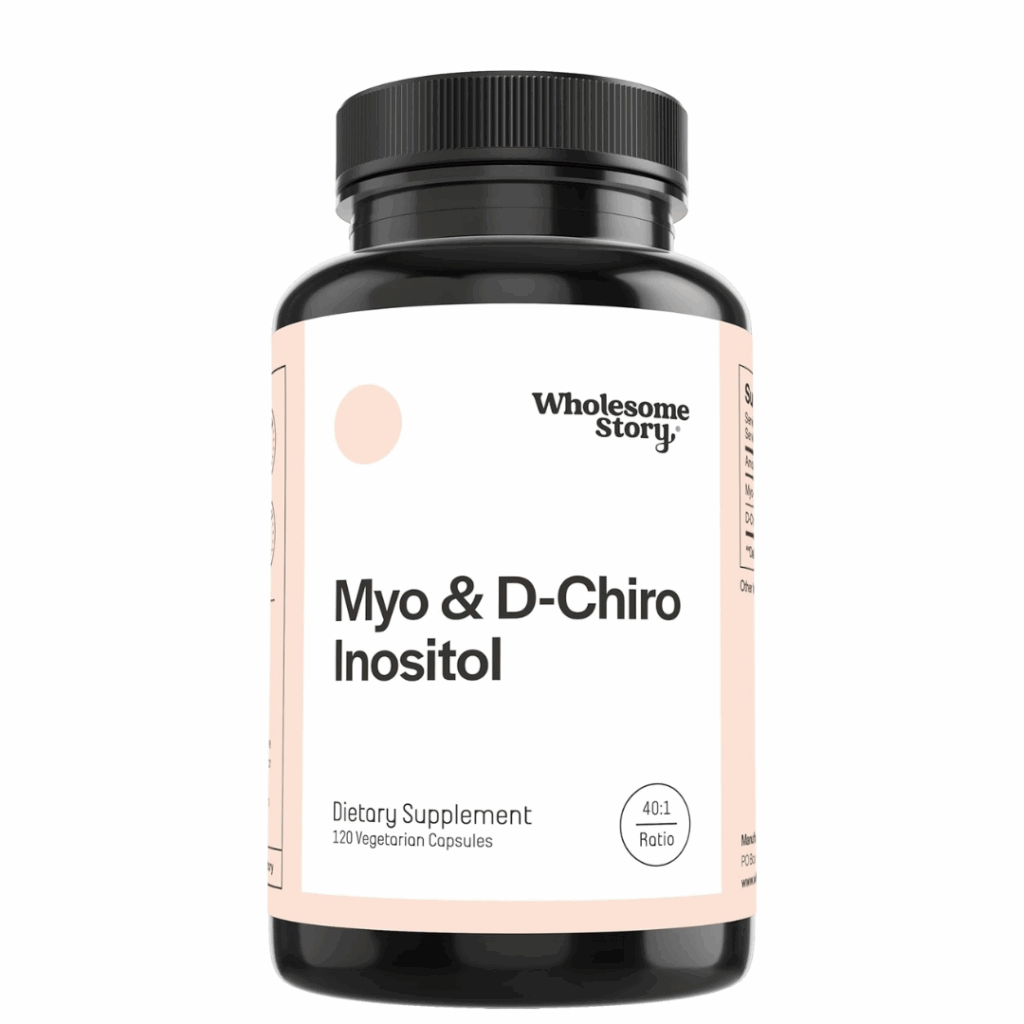
- Vitamin D: Many women with PCOS are deficient in vitamin D, and low levels may worsen hormonal symptoms.
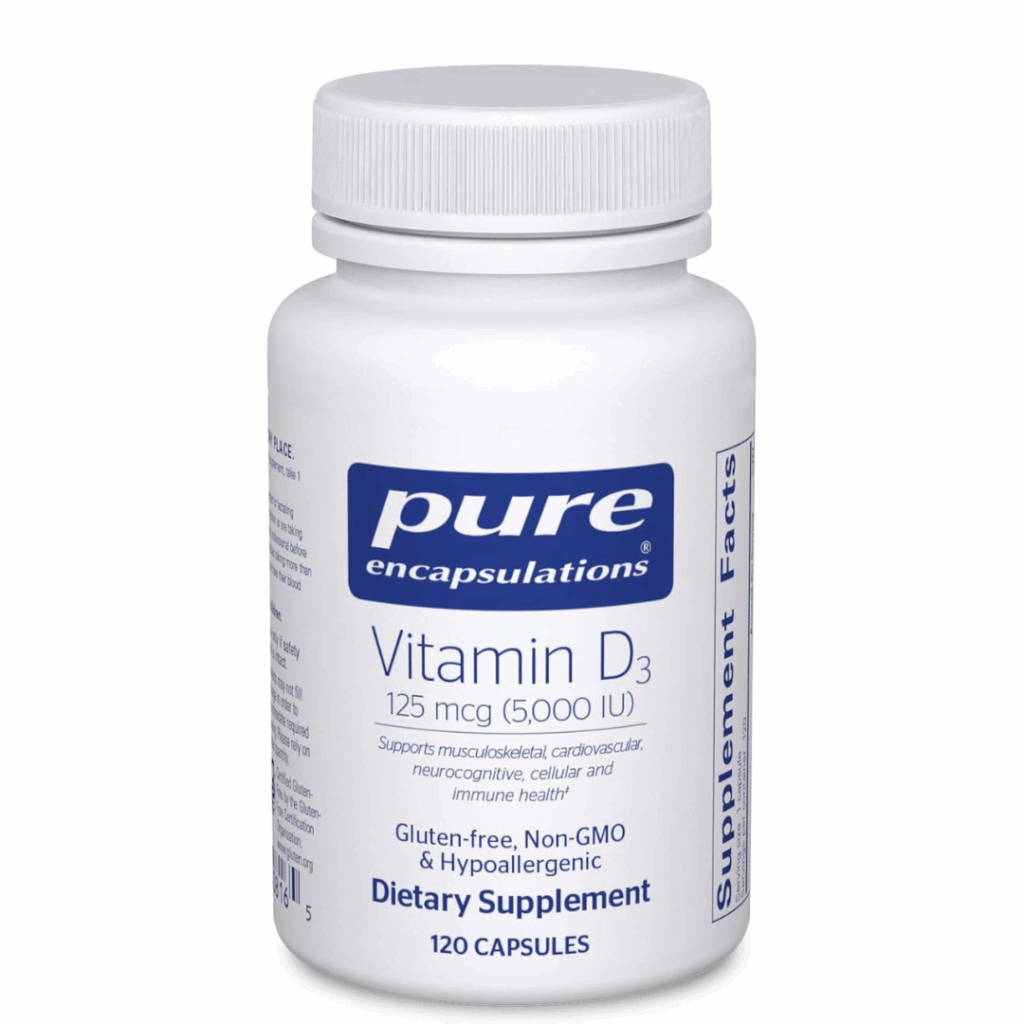
- Magnesium and Chromium: Help balance blood sugar, which in turn can help regulate hormones.

Always talk to a doctor before starting new supplements—especially if you’re on medication.
3. Diet and Lifestyle Adjustments
If your hirsutism is linked to PCOS or insulin resistance, the following changes can make a big difference:
- Cut down on sugar and refined carbs
- Focus on high-fiber foods like leafy greens, beans, and whole grains
- Get regular exercise to improve insulin sensitivity
- Consider intermittent fasting or balanced meals with protein, fat, and fiber
Improving insulin sensitivity can help lower testosterone and reduce unwanted hair over time.
The Importance of Hair Removal Method
When removing chin hair, it’s important to pull it from the root. Shaving cuts the hair at the surface and may lead to faster regrowth. Here are better options:
- Waxing: Quick and effective, but may irritate sensitive skin.
- Threading: Great for small areas like the chin and jawline.
- Tweeze: Good for stray hairs, but may be time-consuming.
After removal, always apply a calming serum or aloe vera gel to prevent inflammation, followed by your spearmint oil blend.
Final Thoughts
Dealing with chin hair as a woman is more common than you’ve been told. Whether it’s caused by PCOS, genetics, or hormonal shifts, you have options. From electrolysis to spearmint tea to hormone-balancing supplements, it’s possible to manage or reduce hair growth without shame.
You don’t have to hide or feel embarrassed. This is your body, and it’s not broken—it’s just doing what bodies sometimes do. Whether you choose to embrace your lady beard or remove it is entirely your decision.

